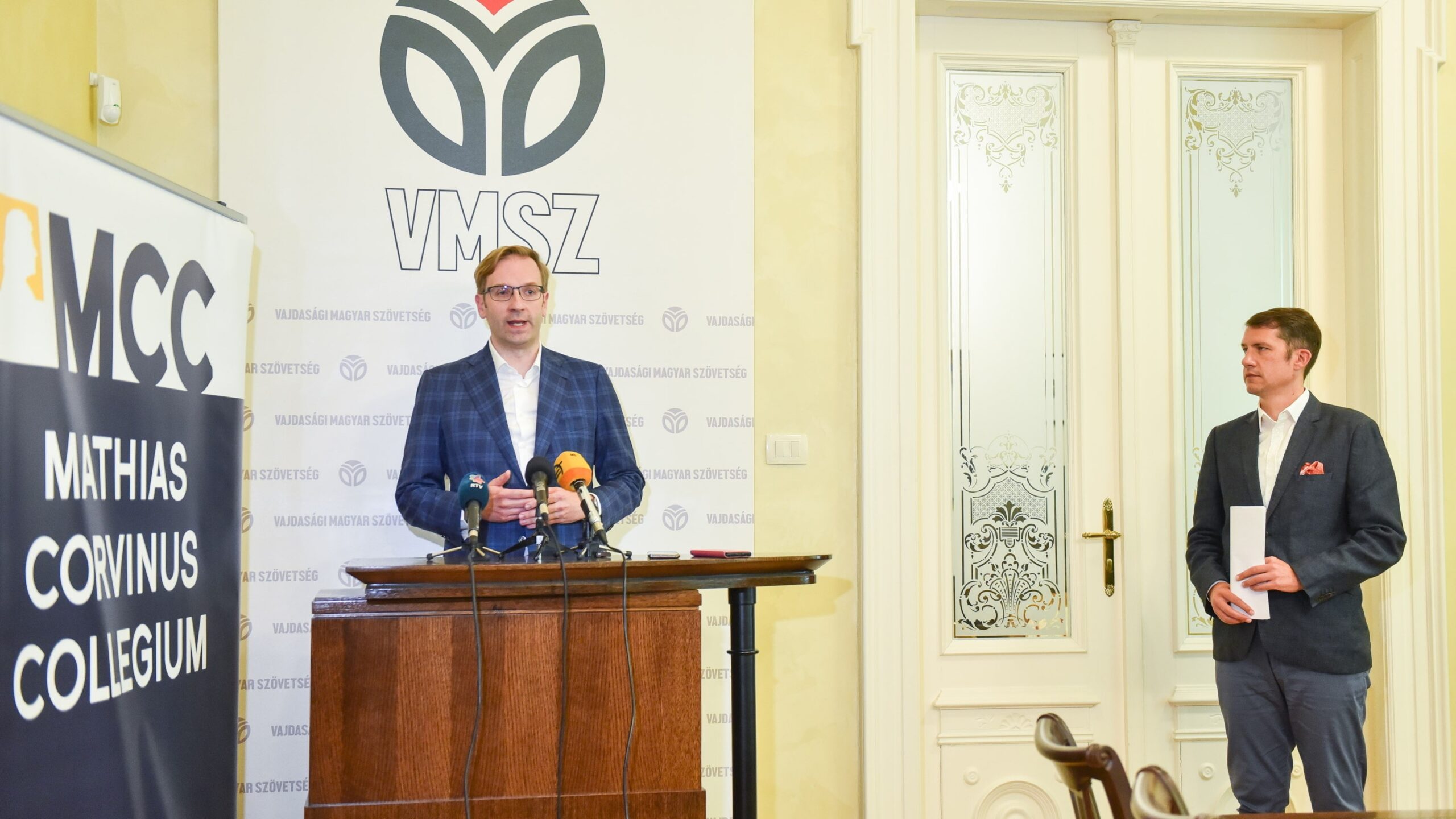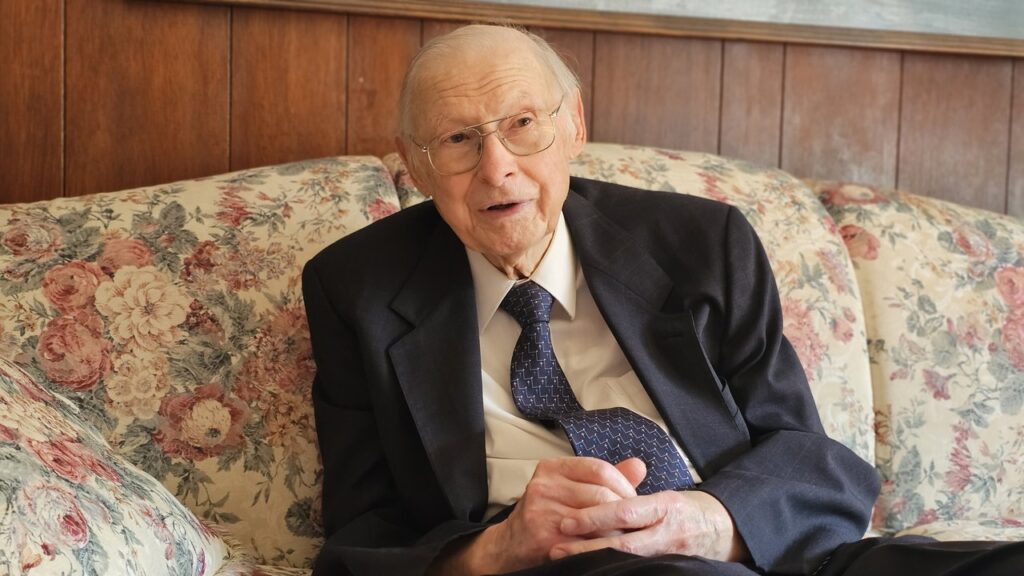The MCC Szabadka (Subotica, Serbia) Centre will provide an excellent training opportunity for young people from Vojvodina, preparing them to work for their local communities, their country, and the Hungarian community in the future, Zoltán Szalai, Director General of the Mathias Corvinus Collegium (MCC) emphasized at the opening of the training centre on Wednesday.
In an interview with state news agency MTI, Zoltán Szalai noted that MCC already has operational centres in the former Upper Lands in Slovakia, in Transcarpathia, and Transylvania, and is pleased to begin operations in Vojvodina from this autumn.
The Szabadka centre will run a talent programme for primary school students and a programme for secondary school students. In addition, they will also welcome teachers and parents who wish to get involved in MCC’s activities, he added.
Szabadka is a ‘vibrant city,’ so MCC expects a high level of interest in its programmes locally. MCC training centres operate throughout the entire Carpathian Basin, and the new centre in Vojvodina will play an important role in ensuring that young people receive excellent education and develop skills that will not only help them build successful careers but also prepare them to work for their local communities, for their country, and for the Hungarian community in the future, Zoltán Szalai highlighted.
Dr. Pásztor Bálint
MOST MÁR MI IS! 🔗 Tagjai lettünk Mathias Corvinus Collegium - MCC tehetséggondozó alapítvány Kárpát-medencei nagy közösségének! Erdélyben 8, Kárpátalján és Felvidéken 1-1 városban működik,...
‘MCC has found an excellent partner in Bálint Pásztor, President of the Alliance of Vojvodina Hungarians (VMSZ),
who has well-established political, social, and cultural infrastructure with the Hungarian community in Vojvodina,’ the Director General stressed, adding that the training is being implemented in cooperation with the VMSZ.
Zoltán Szalai also pointed out that MCC training is not merely based on textbook knowledge but starts where public and higher education end. This training is for those who want a bit more, who feel they have more ambition and talent, he explained.
The new centre will also provide an opportunity for young people in Szabadka to meet like-minded peers and become part of a Carpathian Basin-wide network through the programme, the Director General underscored.
Regarding the training, he elaborated that most of the programmes require in-person attendance, which they consider very important following the changes during the Covid-19 pandemic. The programmes forge communities among the participants, allowing young people with similar interests and ambitions to spend their free time together, participate in excursions, professional trips, and events.
MCC is also opening its yearly summer festival, MCC Feszt today in Esztergom.
We will be publishing reports on the events and interviews with the speakers of the festival, so stay tuned!
Related articles:
Sources: Hungarian Conservative/MTI/MCC








